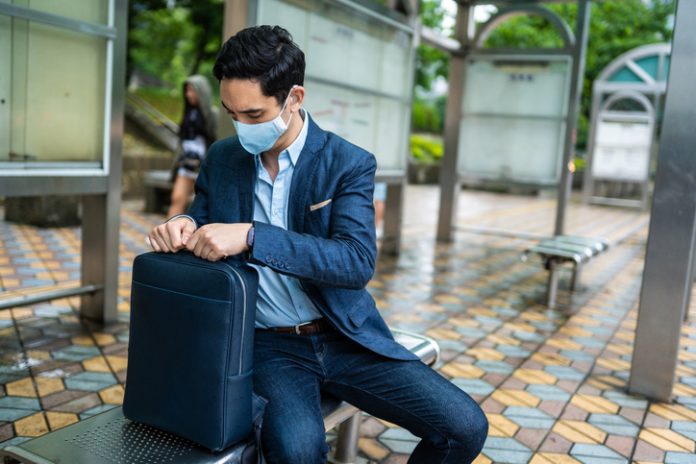The World Health Organization recently declared the current outbreak of novel coronavirus (2019-nCoV) first reported in Wuhan, China, a global public health emergency—the sixth outbreak to date to receive this designation since 2009. Businesses all over the world are feeling the effects, particularly in the travel industry. According to preliminary STR data, hotel occupancy in mainland China declined 75 percent from January 14-26.
The impact on businesses globally will worsen as the coronavirus spreads, says Dr. Simon Worrell, global medical director at Collinson, a medical, security, and travel risk management services provider. Worrell, who leads Collinson’s medical team and provides expert advice on pandemics from Ebola to Zika, says that tourism is often the first sector to be affected in epidemics. “A sudden decrease in trade not only affects hotels, but also local restaurants, cinemas, and theatre. This was seen very clearly in the MERS outbreak in South Korea, where the hospitality industry was affected almost overnight,” Worrell adds.
While hotels cannot prevent these ripple effects from shifting demand or market conditions, they can protect their guests and employees in the midst of a global outbreak by putting in place business continuity plans and infectious disease protocols. Worrell says that infectious disease plans should be based on expert sources and regularly appraised. “If there is no such plan currently in place, hotels and any other business should create and implement one immediately,” Worrell says.
An infectious disease plan should consider several aspects, Worrell explains, including the location and function of the hotel staff; the specifics of the hotel or venue; which employees are public-facing; the location and nature of staff/guest and guest/guest interactions; the infrastructure of the country and the local healthcare facilities; the medical facilities at the hotel or venue; and the likely diseases that may occur locally.
Worrell adds that hotels should keep essential supplies on hand like masks and anti-bacterial soap and gel. “Stockpiling both masks and hand wash is best done when there is no epidemic,” Worrell says. “As has been found by many organizations during the present crisis, obtaining adequate supplies during an outbreak, when everyone else is trying to do the same thing, is very challenging.”
Masks can mitigate some transmission of respiratory-borne infections such as the present coronavirus. “Issuing hotel-wide recommendations that guests and staff wear masks will provide some comfort to all concerned,” Worrell notes. “There are much more efficient masks than the ubiquitous simple surgical mask now seen in China, such as N95 masks, but these need to be changed at least twice daily by the client-facing staff, especially on reception.”
Worrell also advises hotels to encourage good hygiene among staff and guests through measures like positioning anti-bacterial gel throughout the property for easy access and providing tips like “refrain from touching your face as much as possible” and “wash your hands frequently.”
“It is also important to note that both front-of-house and back-office staff should be similarly strict with hygiene, including the many contractors who daily visit hotels, from the kitchen suppliers to the grounds staff,” Worrell adds. “Additional cleaning measures should also be considered.”
Front-desk staff should also be vigilant about travelers’ symptoms upon check-in, Worrell advises. “Ask the client if they are feeling feverish or have joint or muscle ache, or have traveled from epidemic-affected areas,” Worrell says. If a guest is unwell at any point, hotel staff should assist that guest in getting immediate medical attention. Additionally, hotels should modify their sick policies to ask staff to phone-in first before coming to work.
Ultimately, Worrel says, hotels need to instill confidence in their guests and staff by taking action to put these protocols into place.











